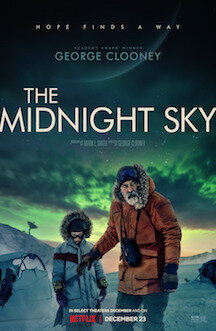Direction: Florian Zeller
Country: UK / France
As a sharply observed drama, The Father is something you should not want to miss. The French director and co-writer Florian Zeller based himself on his own play, which premiered in 2012, finding superlative performances in Olivia Colman and especially Anthony Hopkins, an absolute authority in this demanding role. The latter is Anthony, a retired octogenarian engineer based in London, who has been gradually losing his mental faculties to dementia while refusing any help from the carers provided by his older daughter, Anne (Colman).
Because in Anthony’s twisted mind there’s never a certainty, we sometimes are led to believe that his daughter is moving to Paris with her boyfriend, while other times we figure that he’s staying in her apartment, where her husband Paul (Rufus Sewell) also lives. Thus, the motivation for the viewer is also to find out what’s real and what’s not. But whereas Paul is always involved in contentious situations with the aging man, the new carer, Laura (Imogen Poots), is surprisingly tolerated just because she looks like Anthony’s youngest and favorite daughter, Lucy. According to him, she is a painter traveling the world. Whenever he compares his two daughters, the words are so blunt and offensive that they become bitterly funny.
The film, mounted in an absorbing way, carries an emotional weight and a permanent tension that it’s like having Bergman and Haneke crossing styles. Anthony’s lonely and desperate reality comes with a sense of closure; it can trigger moments of tenderness, mad obsession, anguish, extreme confidence and intense fragility.
I loved every minute of this touching film, which, perfectly conveying the state of confusion that its main character is immersed in, also benefits from the discipline of Zeller’s direction.








































